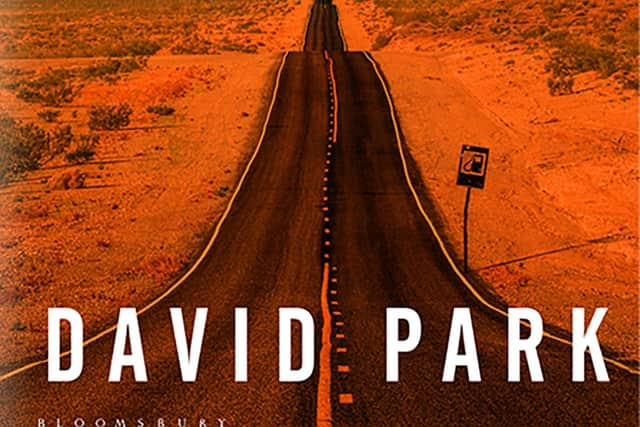Book review: Spies in Canaan, by David Park


Divided nations and violent politics offer novelists something that others in pleasanter times and places may envy: a ready-made dramatic subject. David Park is a Northern Irish novelist, a witness to the Troubles. He is a Protestant who was a school teacher in Belfast for 25 years. Spies in Canaan is his tenth novel and on the face of it a new departure, for it is set in Vietnam and the USA and the principal characters are American. Nevertheless, it remains a very Irish novel and a very good one – the work of a skilled craftsman.
The narrator, Michael, is an elderly diplomat, now widowed and retired from the State Department. He was reared, a poor boy, in the Bible Belt; the title comes from a Sunday School song. As a young man he served in Vietnam, in the last months of America’s harsh and disastrous war, though he was a civilian, not a soldier. He arrived there when optimists – idealists such as the head of the department to which he was assigned – still hoped for a negotiated settlement. His only close friend, Corley, a would-be novelist, was both ill at ease and starry-eyed. Then, because Michael had learned both French and Vietnamese, he was recruited to work as an interpreter for Ignatius Donovan, a Catholic as his name suggests, and an alarming, even sinister, figure, engaged in espionage and counter-terrorist activity. He doesn’t like Donovan. He rather fears him, but is fascinated by him.
Advertisement
Hide AdThe last months before the American evacuation are brilliantly and distressingly described. It is a time of cruelty and torture, false promises and betrayal, this, for Michael, focussed on one Vietnamese family with a beautiful daughter who may be Donovan’s mistress. Much is drawn from contemporary accounts, especially, as Park acknowledges Frank Snepp’s Decent Interval, which he calls a ”magisterial and insider account of America’s departure from Vietnam”. But it has all been thoroughly absorbed and transmuted into utterly convincing and moving fiction. As in all the best history-based novels, it is imagination that brings the past to immediate life.


Forty or so years later, Michael has retired. Widowed now, he has had a successful career (even if he never got the Paris embassy). Then he is sent a DVD by his old friend Corley. It will lead him south, to the desert and the Mexican border, and to a meeting with Donovan again. But he is a changed man. Donovan has rejected all that has been “put in his mind by Uncle Sam”. Now, in the wilderness like an Old Testament prophet, he seeks redemption and requires Michael’s help.
Park has written a remarkable novel, one drawn from life and literature. It is steeped in the Bible and in harsh experience – experience that reminds one that much that is bad and terrible has its roots in idealism. Joseph Conrad, the most flinty of novelists, once wrote: “what is a novel if not a conviction of our fellow-men’s existence strong enough to take upon itself a form of imagined life clearer than reality and whose accumulated verisimilitude of selected episodes puts to shame the pride of documented history?” This is a novel that satisfies Conrad’s demand.
Indeed, it is a very Conradian novel, concerned, among other things, with the unfashionable idea of Honour. It deals, with sharp and sombre intelligence, with themes dear to Conrad: “the passions of men short-sighted in good and evil” and ”the mental degradation to which a man’s intelligence is exposed on its way through life.” It is a novel too that Graham Greene, author himself of that profound Vietnam novel The Quiet American, would surely have admired, and one which reveals that Park is a novelist in the tradition of perhaps the finest of all Northern Irish novelists, Brian Moore. A wise reader will take it once straight through, gripped by the narrative, then read it a second time slowly, savouring its complexity, savouring the art and intelligence with which it has been made.
Spies in Canaan, by David Park, Bloomsbury, 288pp, £16.99